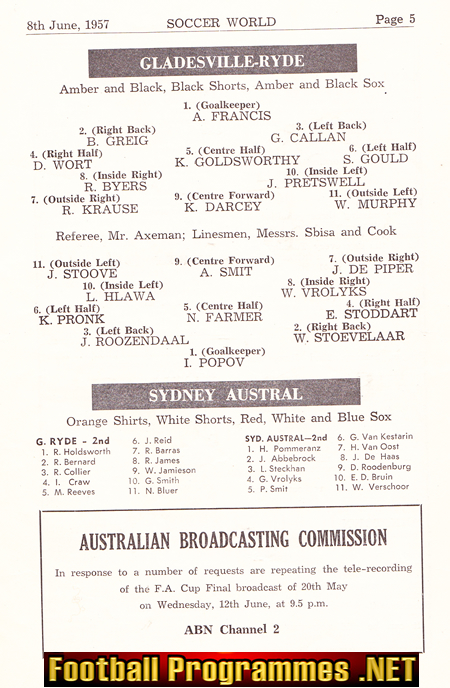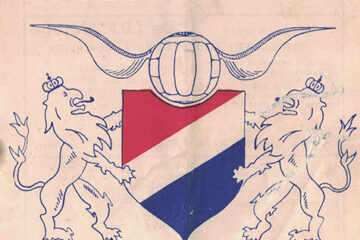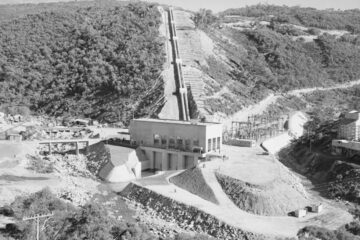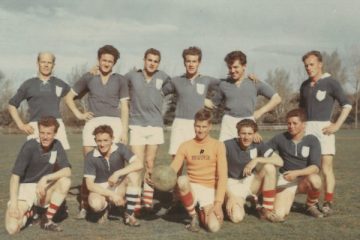
The history of soccer governance in New South Wales, Australia, dates back to 1882, evolving through various associations until the formation of the Australian Soccer Football Association (ASFA) in 1921. By 1943, the New South Wales Soccer Football Association was established to oversee the sport within the state.
In 1957, Australian football was at a crossroads. The ASFA, led by amateur enthusiasts, oversaw a game devoid of professionalism and national ambition. There was no national league, and the sport remained a suburban pastime with limited recognition on the international stage.
However, the landscape changed with the emergence of migrant community clubs, including those from the Dutch community. Led by visionary figures like Harry Lakmaker, an Auschwitz survivor with a deep passion for the game, Dutch clubs like Sydney Austral played a pivotal role in challenging the status quo.
Despite resistance from established clubs, Dutch clubs gained entry into the NSW first division in 1955, injecting new energy and diversity into the league. However, when Hakoah, a Jewish community club, was denied promotion despite their success in the second division, discontentment grew among clubs.
This discontent, coupled with broader issues in the management of the game by the NSW Soccer Football Association, led to the formation of the NSW Federation of Soccer Clubs in 1957. Under the leadership of Walter Sternberg, president of Hakoah, and with active participation from the Dutch club, a breakaway governing body was established, ushering in a new era for Australian football.
The formation of the NSW Federation of Soccer Clubs marked a turning point. It paved the way for the establishment of a new first division, breaking away from the traditional structures dominated by suburban clubs. The movement gained momentum, spreading to other states and culminating in the founding of the Australian Soccer Federation (ASF).
The Dutch influence in the football revolution of 1957 was profound. It challenged the entrenched norms of Australian football, promoting inclusivity and professionalism. Through their participation and leadership, Dutch clubs played a central role in reshaping the game, laying the foundation for its future growth and success in Australia.
After the coup, the five Australian clubs refused to pay any transfer fees to Dutch and Austrian clubs, arguing the players had come as migrants, not footballers, and therefore they didn’t need to pay fees. The European clubs were furious and took the issue to FIFA, who further banned the clubs. This story is covered here.
See also:
The revolution of 1957 and what the FFA can learn today (2017)
From World Cups and FIFA bans to the Socceroos and Bertie: the Dutch & Australian football (2018)


